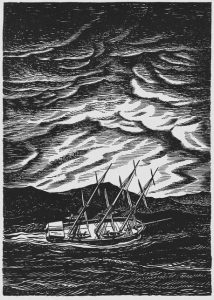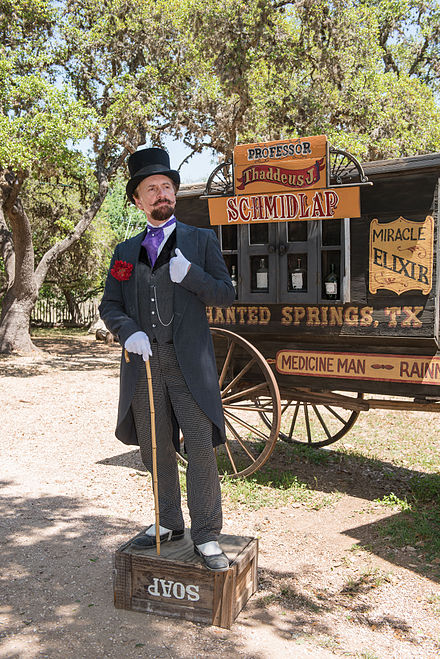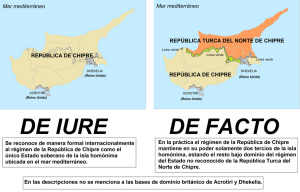 I suspect we will encounter this word frequently as the election approaches, both about the outcome and other events, for good or ill, on and after election day.
I suspect we will encounter this word frequently as the election approaches, both about the outcome and other events, for good or ill, on and after election day.
The word has the ring that Latin-derived terms bring to serious situations. And the portents look as serious as our nation’s current troubled state. But what is a portent, itself?
The OED’s first definition bears repeating in full: “A sign, indication, or omen of a momentous or calamitous event which is about to happen.”
Not all portents portend terrible events. There can be portents of rainy weather ahead, if one knows how to watch the clouds and winds.
Pope, Faulkner, Milton, and other writers in whose shadows we live all used the term well. Have a peek at the OED’s definitions. It’s one of their better entries. Synonyms are tough to find that have the same power: Melville tried it with the chapter called “Loomings” in Moby Dick: it does capture the sense of a ship suddenly appearing out of a fogbank.
“Augury” is another possibility, from telling the future by watching the behavior of birds. The OED notes that other natural signs can be employed. My other possible synonym, Omen, works well but it reminds me of a particularly terrifying 1970s horror film.
What is coming at us, out of the fog we traverse? Watch the portents. One or two will be accurate.
For what it’s worth, as I’m tracking how Grammarly rates my own writing, my tone is “sad.” Now that’s a bad portent for November 3. But it’s also informative and mostly formal. That’s the best I can give you today.
Send words and metaphors to jessid -at- richmond -dot- edu. See all of our Metaphors of the Month here and Words of the Week here.
image from Rockwell Kent’s illustrations for Moby Dick.








